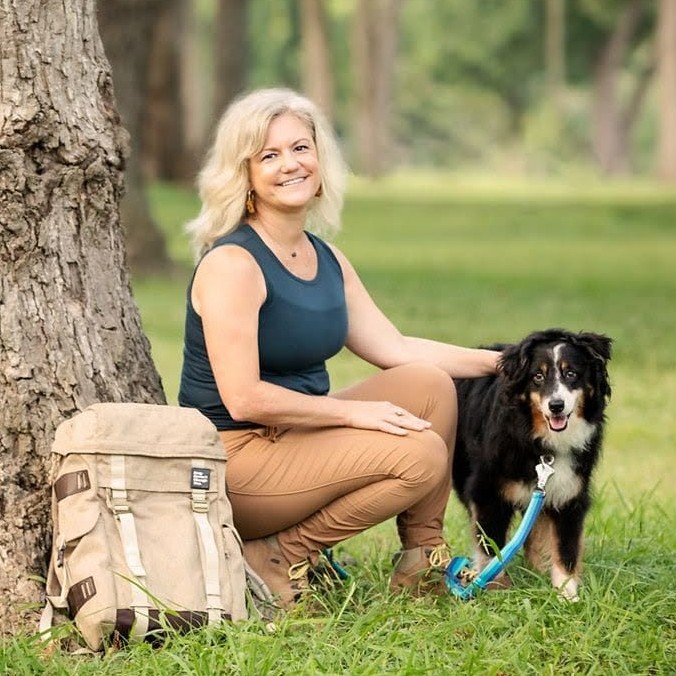Aromatherapy works with dogs on ALL levels (Physical, Emotional, and Energetic) and is a great addition to your holistic and non-toxic lifestyle! Modern medicine currently does not treat the entire WHOLE dog, only the symptoms. It is only recently that aromatherapy and essential oils have gained more acceptance, but with the rise in use, there is also a need for knowledge of use. Aromatherapy was the first natural, holistic therapy I began using, it was the gateway that opened my mind and evolved our entire lifestyle. It is my hope to give you the empowerment for your dog as well by providing you with the most reliable/safe advice, recipes and resources to begin your aromatic journey. So let's get the top 2 things because these are the building blocks to all safe essential oil use.
QUALITY
First the purity and quality of the essential oils you use matters, this is the MOST important factor when it come to using oils! Did you know that an essential oil can be labeled as 100% pure even if the bottle contains things other than essential oils? It doesn’t even guarantee that there is any natural plant compounds in the bottle at all. Other things can be added to the bottle like synthetic chemical compounds, additives, cheap stretcher oils, or essential oils that are not listed on the bottle. That’s completely acceptable with the current rules on product labeling. Also, keep in mind that our dogs are far more sensitive to all of these factors than we are. So it is EXTREMELY important to know your oils, know your source, know who you are purchasing them from and know the testing from he company who makes them. Be sure your essential oils are truly clean Biologically Active® and do not contain synthetics, additives, or artificial ingredients of any kind; are not from plants exposed to pesticides and/or herbicides or grown in soils containing toxins; and do not contain chemicals because they were improperly distilled.
DILUTION
Now let's talk dilution which is the addition of a carrier oil like coconut, almond or grape seed oil when applying topically. The key is to start slow, some dogs are more sensitive and need a higher dilution than others. Then there are dogs like mine, who have been using them for years, and no longer require any dilution. Small amounts more frequently is the best place to start.
Here is where I usually start with dilution chart by weight
0-10 lbs 1 drop EO to 10 drops carrier oil
11-25 lbs 1 drop EO to 8 drops carrier oil
26-50 lbs 1 drop EO to 4 drops carrier oil
50lbs+ 1 drop EO to 2 drops carrier oil
Fractionated Coconut Oil is my preference and recommendation over other carrier oils, but you want to think about quality here as well and stay away from oils like canola and vegetable.
FCO combines better than any other carrier oil with essential oils as it has had some of the fatty acids removed. It slows down the absorption of the essential oils into the tissues and avoids tissue sensitivities and also overwhelming our pets with too fast absorption. It keeps the oils from dissipating into the air as fast and enables more of the oils to be absorbed into the skin.
Fractionated Coconut Oil does not go rancid as all other carrier oils can and do. Rancid oils may produce damaging chemicals and substances that may not make you immediately ill, but can cause real harm over time.
So as we get into all of the goodness that is aromatherapy, be sure to keep this post in mind as this info will ALWAYS apply to my recommendations.
Peace, Love & Paws,
RannaLynn

